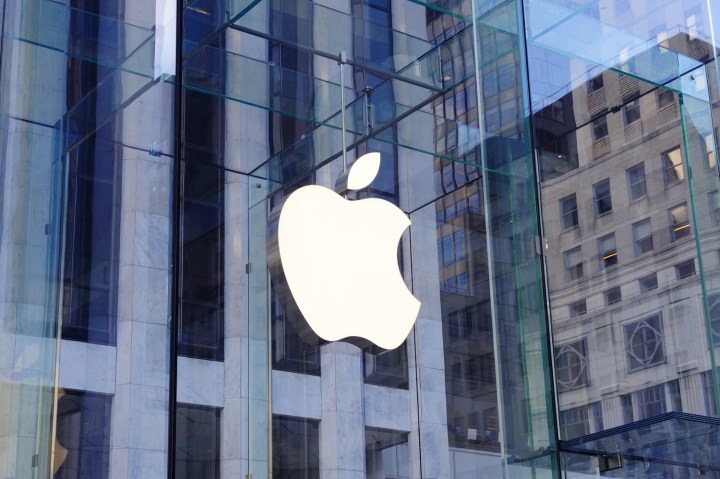
In at least one case, though, researchers found Apple’s ResearchKit to be a viable alternative to traditional pen-and-paper studies.
In a study published in the journal Nature Biotechnology, researchers at New York City’s Mount Sinai Hospital used Apple’s ResearchKit to crowdsource data from asthma patients. Nearly 50,000 iPhone users download the asthma app, and of these, about 7,600 people enrolled in the six-month study after completing the consent form. (About 2,300 ended up being “robust users” — folks who filled out multiple surveys.)
Participants in the study took surveys on how they treated their asthma, and researchers cross-referenced their responses with data on external factors like air quality and location.
The results ended up matching fairly well. Around the time there were wildfires in Washington state, for example, patients in the area reported worse asthma symptoms. And elsewhere, researchers were able to correlate data related to heat and pollen.
But collecting data via smartphones presented other challenges ways. The study’s retention rate was relatively low — about 85 percent of participants completed one survey, and only 30 percent completed more than one over the course of six months. Because participants were required to self-report, it’s possible they submitted untruthful, misleading, or incomplete information.
There’s the potential, too, for an unrepresentative sample. As The Verge points out, Android phone owners were precluded from participating in the study because Apple’s ResearchKit platform doesn’t support third-party operating systems.
Still, the researchers concluded that ResearchKit could be useful for short-term studies.
“We […] found that this methodology is particularly suitable for studies of short duration that require rapid enrollment across diverse geographical locations, frequent data collection, and real-time feedback to participants,” Dr. Yvonne Chan, principal investigator of the study and the director of Digital Health and Personalized Medicine at the Icahn Institute for Genomics and Multiscale Biology, said in a statement. “Our study demonstrates the power of mobile health tools to scale and accelerate clinical research so that we can derive the evidence needed to inform clinical practice and improve patient care.”
That’s good news for the scientific community. At the time of the study, there were an estimated three billion smartphones in use around the world, a number that’s expected to double by 2020.
“We now have the ability to capture rich research data from thousands of individuals, to better characterize ‘real world’ patterns of disease, wellness, and behavior,” Dr. Eric Schadt, senior author on the paper, said in a statement. “This approach provides a more comprehensive and accurate view of our patients that was not feasible in the past due to logistical limitations and prohibitive costs.”


